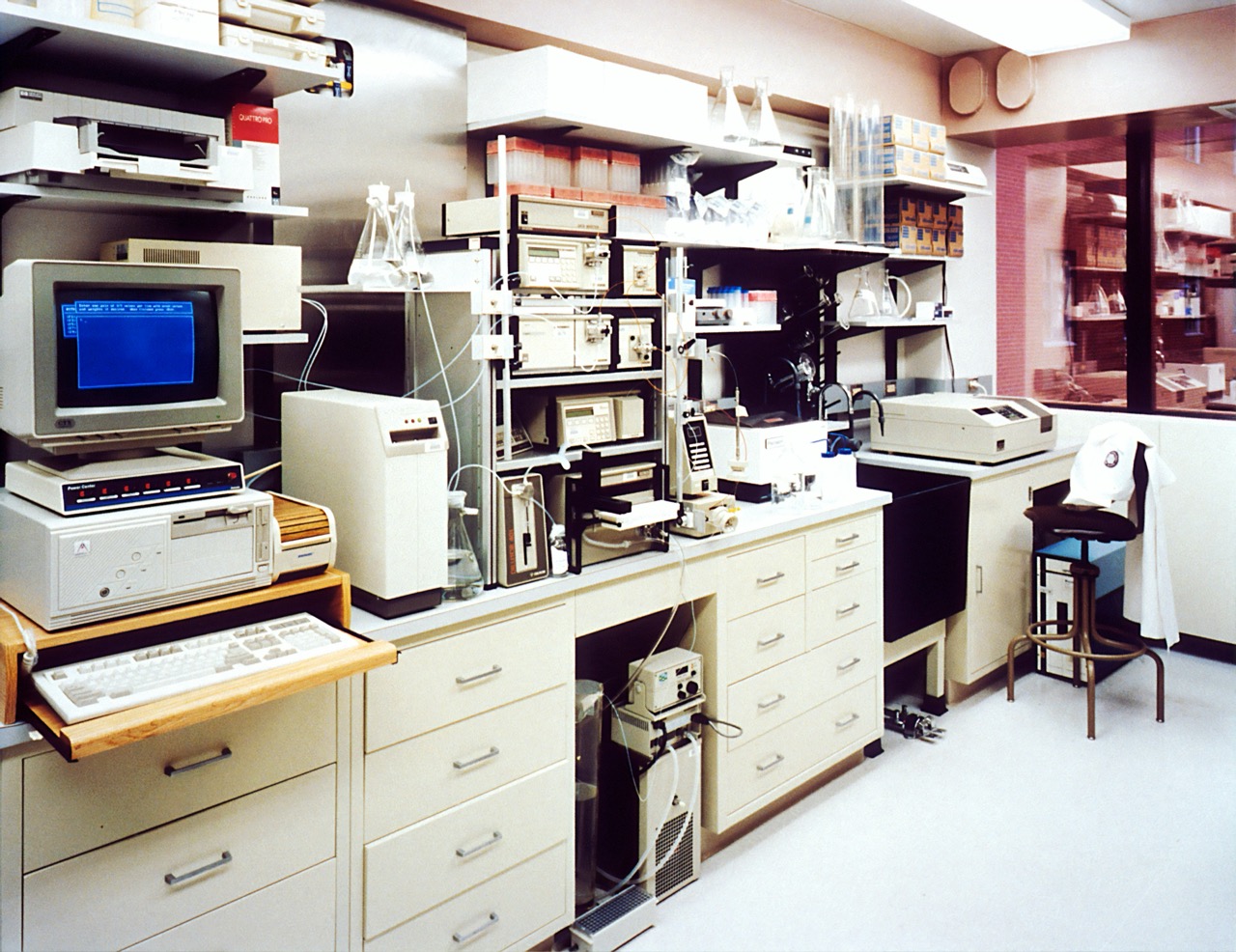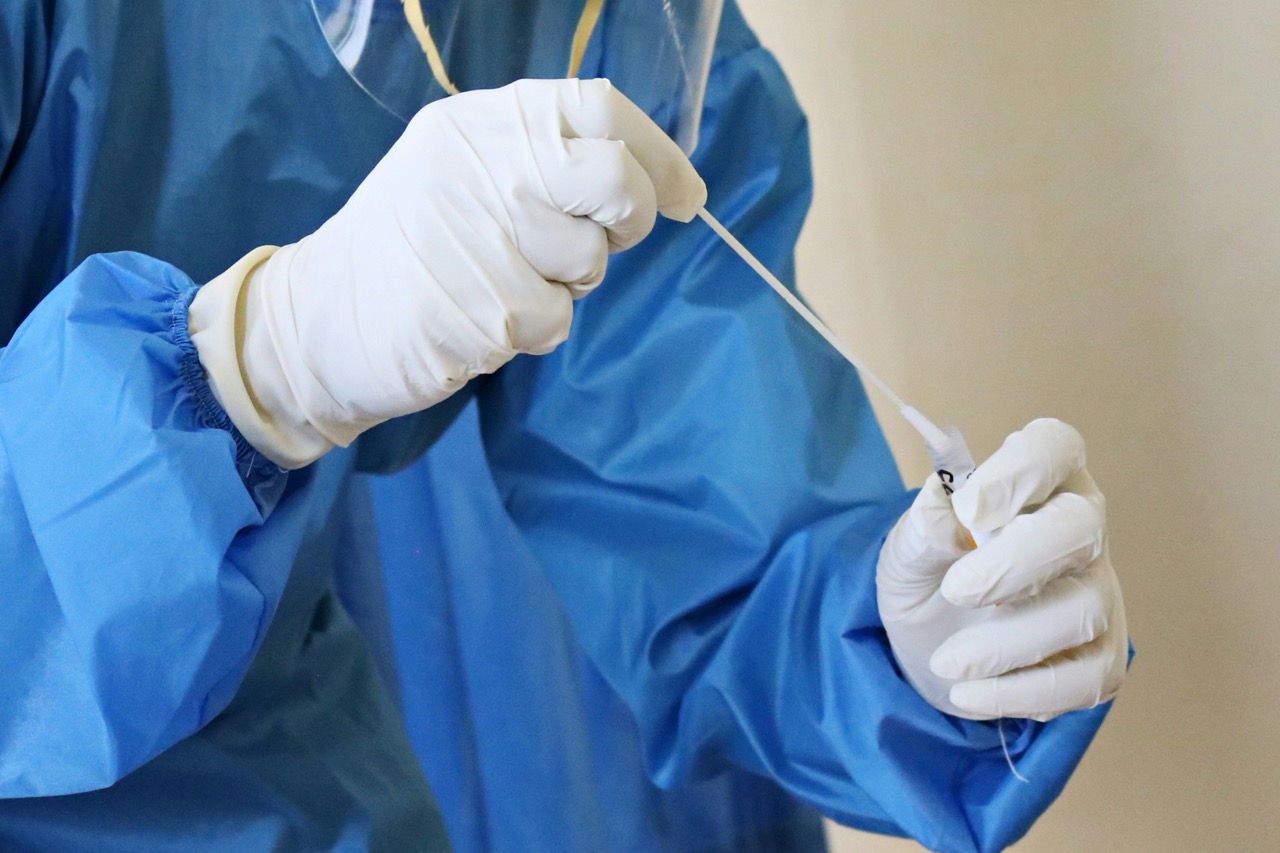Receiving a diagnosis of a sexually transmitted disease (STD) can be a challenging experience, particularly when it intersects with one’s professional life. The workplace is often a setting where personal matters are kept private, yet health issues can impact performance, relationships, and overall well-being. Understanding how to navigate this sensitive situation is crucial for both employees and employers. This article aims to provide comprehensive guidance on handling an STD diagnosis in the workplace, covering various aspects from stigma to workplace rights and the importance of confidentiality.
Understanding STDs: Implications for Workplace Health
Sexually transmitted diseases encompass a range of infections that can affect anyone, regardless of age, gender, or sexual orientation. The implications of STDs extend beyond individual health; they can influence workplace dynamics, productivity, and overall organizational culture. Employees dealing with STDs may experience physical symptoms that impact their ability to perform job functions, leading to potential absenteeism or decreased productivity. It is essential for both employees and employers to understand how STDs can affect workplace health to foster a supportive environment.
Furthermore, STDs can have broader implications for public health within a workplace. High infection rates can lead to increased healthcare costs and insurance premiums for employers. Recognizing this, businesses should prioritize education and prevention programs that promote sexual health awareness and encourage safe practices among employees. This approach not only supports individual health but also contributes to a healthier workplace community.
Recognizing the Stigma Surrounding STD Diagnoses
Stigma surrounding STDs remains a significant barrier for individuals seeking help or disclosing their condition. Many people fear judgment or discrimination from colleagues, which can lead to feelings of isolation and shame. This stigma can prevent employees from accessing necessary medical care or support, ultimately hampering their ability to manage their condition effectively. Understanding this social stigma is critical for both employees facing an STD diagnosis and employers looking to create a supportive work environment.
Addressing and overcoming this stigma requires proactive efforts in education and awareness within the workplace. Employers can contribute by fostering a culture of acceptance and understanding, emphasizing that STDs are common and treatable. Training sessions and workshops aimed at destigmatizing sexual health issues can empower employees to seek help and discuss their concerns without fear of repercussions. This cultural shift is pivotal in creating a more inclusive and supportive workplace.
The Importance of Confidentiality in the Workplace
Confidentiality is a fundamental aspect of managing an STD diagnosis in the workplace. Employees have a right to keep their medical conditions private, and disclosing such information can have serious implications for their professional lives. It is vital for both employees and employers to understand the importance of confidentiality in maintaining trust and respect within the workplace. Organizations must have clear policies in place to protect employees’ health information and ensure that personal matters remain private.
Employers should emphasize to their staff that discussions regarding personal health should occur in a respectful and confidential manner. This includes training management and HR personnel on the legal and ethical obligations surrounding employee health information. When employees feel secure that their diagnoses will remain confidential, they are more likely to seek support and engage in conversations about their health, ultimately benefiting both the individual and the workplace as a whole.
Assessing Your Rights Under Employment Laws and Regulations
In many jurisdictions, employment laws protect employees with health conditions, including STDs, from discrimination. The Americans with Disabilities Act (ADA) and other similar laws provide individuals with rights regarding their employment status, job duties, and accommodations needed to manage their condition. Employees diagnosed with an STD should familiarize themselves with these laws and understand their protections to ensure they are treated fairly in the workplace.
Additionally, employers must be aware of their legal responsibilities when it comes to accommodating employees with health conditions. This includes providing reasonable accommodations such as flexible work hours for medical appointments or ensuring a smoke-free workspace for those who may require it. By understanding these rights and obligations, both employees and employers can work together to create a more inclusive and supportive work environment.
Evaluating the Need for Disclosure to Your Employer
Deciding whether to disclose an STD diagnosis to an employer is a personal choice that requires careful consideration. On one hand, disclosure may be necessary if the condition affects job performance or requires specific accommodations. On the other hand, the fear of stigma and discrimination might deter employees from sharing this information. It’s crucial to weigh the potential benefits and risks associated with disclosure, considering factors such as workplace culture and the nature of the job.
Before making a decision, employees should reflect on the support systems available and the potential for understanding from supervisors or HR personnel. If choosing to disclose, it may be helpful to prepare for the conversation by outlining the specific needs for accommodations and emphasizing the importance of confidentiality. Regardless of the decision, it is important to ensure that personal health information is only shared with those who need to know, safeguarding one’s privacy.
Developing a Personal Plan for Managing Your Condition
Once an STD diagnosis is confirmed, developing a personal management plan becomes essential. This plan should focus on medical treatment, self-care, and lifestyle adjustments that promote overall well-being. Regular consultations with healthcare providers can aid in effectively managing the condition, ensuring that symptoms are controlled, and preventing transmission. Staying informed about the disease can empower individuals to take proactive steps in their health management.
Moreover, establishing a routine that incorporates healthy habits can significantly affect one’s physical and emotional health. This may include a balanced diet, regular exercise, and sufficient rest to bolster the immune system. Additionally, mindfulness practices such as meditation or yoga can help alleviate stress, providing a holistic approach to managing the emotional burden that may accompany an STD diagnosis.
Communicating with Healthcare Professionals Effectively
Effective communication with healthcare professionals is crucial for managing an STD diagnosis. Patients should feel empowered to ask questions, seek clarifications, and discuss any concerns or symptoms they may experience. Building a rapport with healthcare providers can facilitate a better understanding of the condition and the available treatment options, helping individuals make informed decisions about their health.
Moreover, keeping thorough records of medical appointments, treatments, and symptoms can aid healthcare professionals in providing tailored advice and care. Patients should also feel comfortable discussing any potential side effects of medications or treatments, as well as any lifestyle changes needed for better health outcomes. Open dialogues with healthcare providers can significantly enhance the management of an STD and foster a collaborative care environment.
Resources for Support: Counseling and Employee Assistance
Support resources are vital for individuals navigating the emotional and psychological challenges of an STD diagnosis. Many workplaces offer Employee Assistance Programs (EAPs) that provide confidential counseling services, allowing employees to discuss their feelings and concerns in a safe environment. These services can be an invaluable resource for managing the emotional impact of an STD and developing coping strategies.
In addition to EAPs, individuals can explore external support groups and counseling services that specialize in sexual health and STDs. Such resources can provide a sense of community and understanding, helping individuals realize they are not alone in their experiences. Utilizing these support networks can empower employees to address their emotional needs while managing their health conditions effectively.
Best Practices for Maintaining Professionalism at Work
Maintaining professionalism in the workplace after an STD diagnosis is crucial for preserving one’s reputation and relationships with colleagues. Individuals should focus on their work performance and ensure that their condition does not interfere with their professional responsibilities. By setting clear boundaries and keeping personal matters private, employees can continue to thrive in their roles while managing their health.
Additionally, demonstrating a commitment to professionalism can help combat any potential stigma associated with an STD diagnosis. Engaging positively with colleagues, contributing to team efforts, and maintaining a strong work ethic can enhance workplace dynamics and facilitate a supportive environment. Employees should also remind themselves that their value in the workplace extends beyond their health status, fostering a sense of confidence and resilience.
Strategies for Coping with Emotional Impact of an STD
The emotional impact of an STD diagnosis can be significant, often leading to feelings of anxiety, guilt, or shame. To cope effectively, individuals are encouraged to acknowledge their feelings and seek support from trusted friends, family, or professionals. Engaging in activities that promote self-care, such as exercising, journaling, or pursuing hobbies, can help alleviate emotional distress and foster a positive mindset.
Moreover, practicing self-compassion is essential for navigating the psychological challenges associated with an STD diagnosis. Individuals should remind themselves that having an STD does not define their worth or capabilities. Establishing a routine that includes mindfulness or relaxation techniques can also aid in managing stress and cultivating emotional resilience. By prioritizing mental health alongside physical health, individuals can create a balanced approach to their well-being.
Creating a Healthy Work Environment: Role of Employers
Employers play a crucial role in fostering a healthy work environment for employees dealing with STDs. By implementing comprehensive health and wellness programs, organizations can promote awareness and understanding of sexual health issues while providing resources for employees. Training sessions that address stigma and encourage open discussions about health can help create a culture of acceptance and support.
Additionally, employers should review and update policies related to health privacy, accommodations, and workplace conduct to ensure they align with best practices. Encouraging a culture where employees feel comfortable discussing their health needs can lead to better overall workplace morale and productivity. By taking proactive steps, employers can cultivate an environment that prioritizes employee health, well-being, and inclusivity.
Encouraging Open Discussions About Sexual Health at Work
Encouraging open discussions about sexual health in the workplace can significantly reduce stigma and promote a culture of understanding. Employers can facilitate these conversations by hosting workshops, seminars, or informational sessions focused on sexual health education. By creating a safe space for dialogue, employees may feel more empowered to discuss their health concerns and seek support when needed.
Moreover, integrating sexual health topics into broader wellness initiatives can help normalize discussions around STDs. Providing educational materials, resources, and access to health professionals can further enhance employees’ understanding of sexual health. When workplaces prioritize open discussions about health, they contribute to a supportive and informed community that fosters acceptance and reduces stigma.
Navigating an STD diagnosis in the workplace can be complex, requiring careful consideration of personal health, workplace dynamics, and legal rights. By understanding the implications of STDs, recognizing stigma, and prioritizing confidentiality and professionalism, both employees and employers can create a supportive environment. Equipping oneself with knowledge, resources, and coping strategies can empower individuals to manage their health proactively while maintaining their professional identities. Ultimately, fostering open discussions about sexual health can lead to a more inclusive and supportive workplace for everyone.










